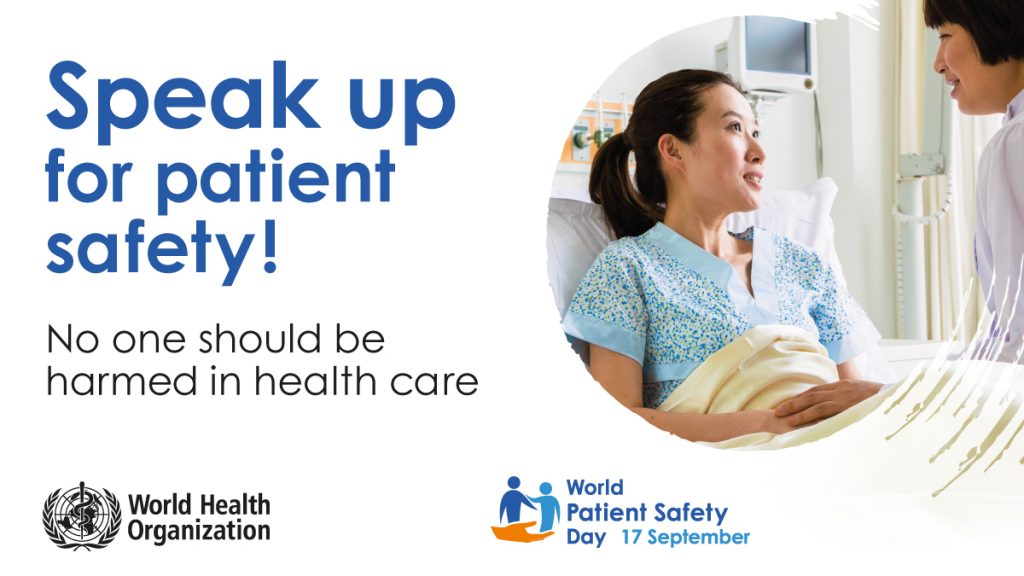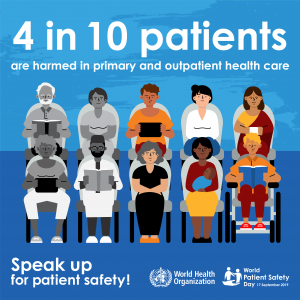People With disabilities WA (PWDWA), Health Consumers’ Council (HCC) and a working group of people with disabilities have recently been working on a partnership program together—Empowering Health Consumers’ with disabilities. Sam and Pip from PWDWA and HCC identified the opportunity to improve the experience of people with disabilities in the health system. With funding from an Information, Linkages and Capacity Building (ILC) grant, staff from PWDWA and HCC supported a group of people with disability to create and deliver information sessions to people with disabilities and staff. The work we have done together has been a great learning experience on how we can better engage people with disabilities. So others can learn from this project, members of the working group shared their thoughts on how services could involve people with disabilities differently—here are some of their responses.
What would you like to see change to better involve people with disabilities in engagement activities?
“Let organisations know that there are lots of people with disabilities who are willing to share their lived experiences”
“Organisations would need to understand the life experience that a person with a disability brings to the group.”
“That people find out who they can turn to for expert advice about making activities and communications accessible”
“Education of the community that there are a lot of people with disabilities who would love to be involved. It should be mandatory that all boards or committee should have at least one member with a disability”
What are some of the barriers that might stop yourself and people with disabilities from participating in engagement activities? (e.g. working groups, community advisory groups)
“Physical access, not flexible whether you can use alternative method of participation e.g. Skype, interpreters, etc. Finishes too late at night (after 8 pm) Not near reliable public transport.”
“A lack of understanding of facilitators of what life experience and background a person with a disability has to offer”
“Most working groups or advisory committees usually meet during my work hours. I may not be paid for my time and service on those committees. I may not have the expertise to speak on behalf of people with diverse disability than my own. Cost of travel to and from the meetings maybe too high. Pay for the time and services of the person with disability sitting on that committee just as all the other members of the committee are getting paid. Meet their travel cost. Make sure that the person has some experience in the area of your work group meeting purpose and or the advisory committee”
“Knowing about them in the first place – I think it’s important to ensure that people with diverse disabilities are considered as a “must include” group when engagement activities are being planned. Being able to physically participate – consideration should be given to how to make engagement activities accessible to all Not being given the opportunity.”
“Health – like if am sick or in hospital. I know some of my peers are house bound and they are happy to attend remotely but can’t always get there.”
Do you have any advice for organisations that would like to find people with disabilities for engagement activities?
“Broaden your perspective of disabilities to beyond what’s visible. Acknowledge that people with disabilities can often work and recognise that while not everyone chooses to disclose. If you provide info in a non-threatening way you might find them in your workplaces and neighbourhood. Consult with GP’s, community groups, Facebook and places like the Arthritis Centre and other places who have newsletters. Schools, Youth Centres, Youth Disability Advocacy network and Youth advisory councils. LinkedIn, Facebook, YouTube, Instagram”.
“Approach disability advocacy and support agencies, disability service providers, peak bodies etc.”
Some additional lessons that the HCC team has learnt from this project include:
- A major issue is ensuring information is accessible in the first place.
- Video content should include captions: a great way to do this quickly and at a low-cost is to use YouTube’s auto-captioning and edit where necessary.
- Provide plain-text versions of material: uploading a plain-text version—and ensuring the headings are accessible through navigation—is a quick task that can make our materials even more accessible.
- Keep our written content simple: everybody has a different level of reading comprehension but using simple English as a standard is a great place to start if we want our material to be accessible. To provide information accessible to many people with intellectual disabilities, Easy English versions should be available. We have produced the written resources from this project in Easy English and are available at this link if you would like to learn more.
- People with different disabilities – for example, physical, sensory and speech, intellectual, psychosocial – may have different needs in terms of what information and how it’s communicated. This may take time to plan and organise so that information is accessible to all at the same time.





